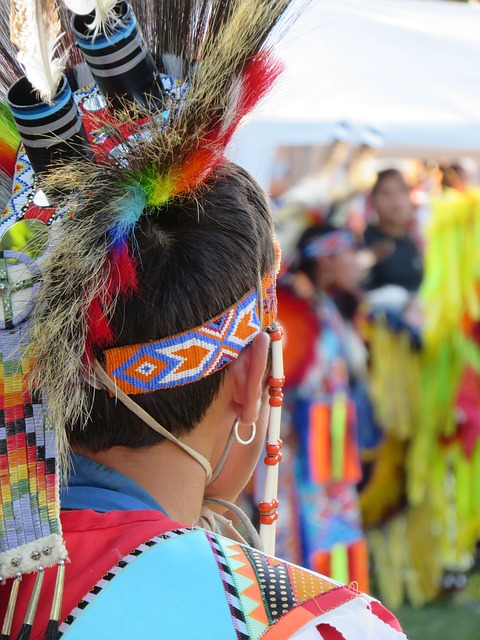
Welcome back and thanks for joining us again for this discussion on Native American child abuse crimes, and why they’re handled differently. As we pointed out in the previous article, where the crime happens has a lot to do with how it’s handled.
Crimes committed on Indian Reservations are investigated by tribal police and the FBI, so CPS has no jurisdiction. But what about when the child is a First Nations child living off the reservation? Are those situations also handled differently?
Yes, in part. When a child is considered to be a member of a Native American tribe, there are laws that govern the way that case has to be handled that don’t come into play for non-Native American children. Namely, the Indian Child Welfare Act.
What is the Indian Child Welfare Act?
The Indian Child Welfare Act (ICWA) is a federal law put in place to protect Native American children when termination of parental rights is possible. According to the law, it “protects the best interest of Indian Children and promotes the stability and security of Indian tribes and families by the establishment of minimum Federal standards for the removal of Indian children and placement of such children in homes which will reflect the unique values of Indian culture… “(25 U.S. C. 1902).
ICWA provides guidance to States about issues like child abuse and neglect cases, and adoption involving Native children. It also sets minimum standards for how the States should handle these cases.
How does that affect Native American Children in Michigan?
The ICWA requires all Michigan courts to notify the child’s tribe whenever they know, or should know, that a Native American child is involved in any type of custody dispute or risk of termination of parental rights. Which brings us to the next question that several people have asked: how do the court’s know if a child is Native American or not?
In truth, that can be a little tricky, as bloodlines have blurred and diluted over the generations, and many people can claim to be ⅛ or even 1/16 Native American. Does that make their children “tribal”? According to federal law, the people best able to determine if a child is a member of a tribe, is the other members of that tribe. In other words, these types of cases require courts to defer to the tribe’s experience.
Is your family involved in a tribal custody dispute?
At The Kronzek Firm, we’ve spent decades fighting CPS and protecting parents from criminal charges. We also have an attorney that specializes in the Indian Child Welfare Act, and understands the complexity of federal laws, tribal laws, and Michigan laws, and how they affect one another. So call 866 766 5245 today and get help from one of our skilled and experienced child abuse defense attorneys.
